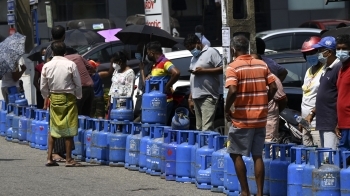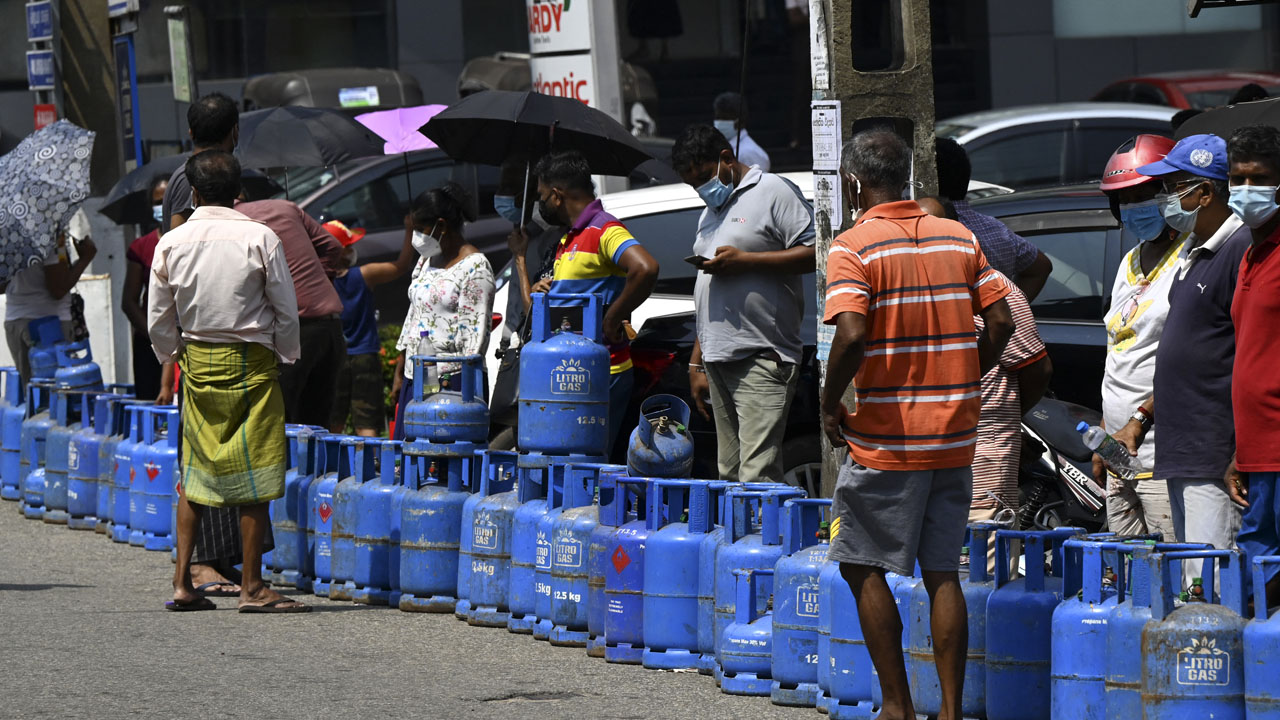
.png) Aarti
Aarti

The global economic contraction due to COVID-19 was 3.1 per cent in 2020 according to the International Monetary Fund.
Employing one in every ten people worldwide, tourism, one of the most important economic sectors, provides livelihoods to millions of people. For several small countries, primarily, their economies are heavily dependent on tourism. Notably, when the global pandemic novel corona virus struck two years back, causing death and suffering it also adversely affected the tourism sector.
With their foreign exchange inflows significantly reduced by over two thirds of their pre-COVID-19 level several countries are facing unprecedented challenges in limping back to normalcy. According to estimates put out by the United Nations World Tourism Organisation, the tourism sector contracted by a whopping 30 per cent in 2020.
The United Nations Conference on Trade and Development has maintained that COVID-19 has swallowed the GDP of small countries to the tune of between 7.3 per cent and 16 per cent. India’s immediate neighbour Sri Lanka, a preferred tourist destination for nearly 23 lakh people every year, is in the grip of an economic aa well as humanitarian crisis.
Last August Sri Lanka declared an emergency following an acute foreign exchange crunch. The situation led to food and fuel price rise including acute crippling power cuts. The central bank has sounded the alarm bell that the country will find it difficult to make its debt payments this year.
What started as a fight for a Tamil Eelam or an independent state in Sri Lanka in 1983 by the Liberation Tigers of Tamil Eelam (LTTE) went on for the next 26 years. Although conventional diplomatic initiatives – ceasefires and international mediation, through the good offices of India and Norway were attempted but to no avail. Finally in early 2009, the Sri Lankan forces, in a fight-to-finish mode, successfully defeated the LTTE. With tens of thousands killed on both sides, the internal "war" left its marks on Sri Lanka, rather dearly.
Not long ago, when the United Nations Human Rights Council moved a resolution on Sri Lanka, based on the report submitted by the Office of the High Commissioner for Human rights, which among others warned that Sri Lanka was “on an alarming path towards recurrence of grave human rights violations”, India abstained from voting.
Presently Sri Lanka has to repay debt of about USD 4 billon and its foreign reserves have fallen to USD 2.3 billion. The Ukraine crisis has hit Sri Lanka badly as people from Russia and Ukraine are major tourists for Sri Lanka’s tourism industry. Both countries largely import its tea. Tourism, that normally provided jobs for nearly 3 million people and contributed to about 5 per cent of the country’s GDP, earned close to USD 3400 million every year on an average between 2014 and 2019. With the suspension of flights and ships following COVID restrictions, Sri Lanka could earn very little during 2020 and 2021 from tourism.
Multifarious problems are being faced by the people in Sri Lanka. All sectors are badly hit. Exams have been cancelled for millions of students as printing paper supplies have dwindled.
There is not only a delay in printing school textbooks, due to the shortage of paper and other related accessories but the fuel crisis has put the distribution of printed books on hold. With every item being imported, due to short supply of newsprint even major newspapers have ceased publication.
The foreign exchange crisis on one side, media reports of Sri Lankans holding protests for immediate resolution of fuel shortages and power cuts and sudden rise in prices of essential commodities are disconcerting. Powercuts lasting up to 13 hours are in vogue in Sri Lanka including street lights shut off to help conserve power.
With retail inflation hitting 18.7 per cent food inflation is around 30.2 per cent. The Sri Lankan Rupee has sharply depreciated against the US Dollar and plummeted to nearly Rs 285 (official buying rate) against a US Dollar. Presently, prices of groceries, fruits and vegetables in the Island nation is also getting costly by the day. For instance, the cost of beans is Rs 300/kg, carrot – Rs 400/kg, potato – Rs 200/kg, coconut – Rs 100 each, banana – Rs 130/kg, Rice – 260/kg, an egg costs Rs 30/- and a cup of tea is Rs 100/-
External Affairs Minister Dr S Jaishankar during his recent visit to Colombo to participate in the Bay of Bengal Initiative for Multi-Sectoral Technical and Economic Cooperation meeting was so touched by a tweet from a Sri Lankan journalist which mentioned that scheduled surgeries at hospitals were suspended due to shortages of medicines and only emergency surgeries were taking place. A disturbed Dr Jaishankar immediately responded that he was taking it up with the Indian High Commissioner in Sri Lanka as to how New Delhi can help.
This January, India had extended USD 400 million swap facility and deferred the settlement of USD 515.2 million to help Sri Lanka from its balance of payments difficulty. To enable importing essentials, an additional line of credit amounting to USD 1.5 million is also likely to be offered by India.
With several refugees somehow managing to reach the coast of Tamil Nadu to tide over the prevailing situation in Sri Lanka, the humanitarian crisis has seen mixed reactions in India. Tamil Nadu Chief Minister M K Stalin urged Prime Minister Narendra Modi to allow the state government to provide humanitarian aid to Sri Lankan Tamils.
Why is Sri Lanka on the brink of a collapse? Is it the adoption of an infrastructure-led growth model two decades ago on the understanding that such an initiative would generate jobs and usher in prosperity? Why didn’t it click?
Under the difficult circumstances, Sri Lanka ought to consider taking a leaf out of India's‘AatmaNirbhar' and initiate all implementable measures in the right earnest.
The Sinhalese majority and the Tamil minority need to work together and set aside their differences. The present crisis needs various initiatives to not only fix the ailing economy but attract investment besides establish startups to argument local production. It is surprising, why everything including milk powder has to be imported by Sri Lanka? Instead of borrowing, everyone in Sri Lanka should collaborate in order to pay off its debts.
There are no short cuts.